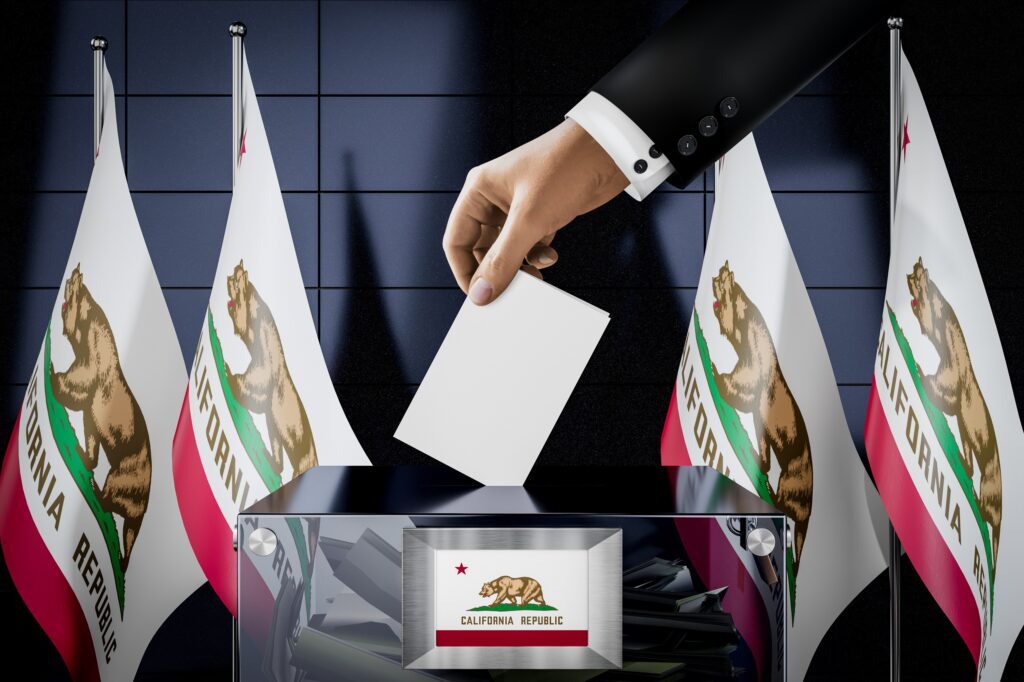Overview of Philip Rossetti’s Testimony Before the Senate Finance Committee on Energy Tax Credits in the IRA
Philip Rossetti, Resident Senior Fellow for Energy and Environmental Policy at the R Street Institute, testified at the Senate Finance Committee’s May 18 hearing, “Tax Incentives in the Inflation Reduction Act: Jobs and Investments in Energy Communities.”
The hearing was an effort by the committee’s majority to take a victory lap around a signature policy priority proposed and enacted by congressional Democrats and the Biden administration last year.
The main thrust of Rossetti’s written and oral testimony was that energy tax incentives included in the Inflation Reduction Act (IRA) are vastly more expensive, less equitable and less effective at reducing carbon emissions—a stated purpose of the IRA—than simply enacting energy permitting reform.
Specifically, Rossetti noted that:
- The original $270 billion cost estimate of the IRA’s new energy subsidies has increased substantially to $570 billion;
- Large portions of these subsidies will be claimed by businesses that would have produced green energy anyway;
- The wealth transference effect will largely benefit the wealthiest Americans; and
- Permitting and other barriers to entry inhibit clean energy growth more significantly than capital availability.
But rather than dwell on opportunities missed by the previous Congress, Rossetti and a fellow witness recognized the opportunity before the current Congress and made a strong case for permitting reform.
In his written testimony, Rossetti argued that an enormous amount of clean energy potential is locked behind permitting delays:
According to Lawrence Berkeley National Laboratory, by the end of 2022 there were over 1,350 gigawatts (GW) of energy generation capacity in interconnection queues. This is a 35 percent increase from the year prior. Of this generation capacity, 1,250 GW is low-carbon. Wait times to interconnect are also increasing. Historically, wait times were under 2 years prior to 2007, but rose to 4 years from 2018-2022 and reached a median of 5 years by the end of 2022. Simply put, almost all new electricity resources being built are for clean energy, and it is taking longer than ever to connect those resources to the grid.
Thus, perhaps counterintuitively, U.S. environmental policy and outcomes could improve significantly if Congress were to streamline the federal environmental permitting process.
Fortunately, many senators on the panel were already on board with the idea that permitting reform ought to be a policy priority. Ranking Member Mike Crapo (R-Idaho) opened his line of questioning by saying:
While some tout that the IRA green energy incentives are being transformational, others observe that non-tax roadblocks are serious impediments to widespread adoption and that the IRA will fall far short of its lofty stated goals … To me, this gets into the question of permitting reform that each of you referenced. Please discuss this with me. How big of an issue is this with regard to the development required to bring a project online, and how big is the transmission line issue in this entire context?
Other members of the minority continued down a similar line of questioning.
But perhaps just as important, if not more so, were statements from members of the majority, including Sens. Ron Wyden (D-Ore.) and Catherine Cortez Masto (D-N.M.), that seemed to express support for permitting reform.
Rossetti has written extensively on various permitting reforms, many of which continue to be elevated by relevant policymakers in both chambers.
The hearing lasted nearly two and a half hours, and Rossetti had the last word in the form of his response to a question from Sen. Michael Bennet (D-Colo.). His closing words summed up the thrust of his testimony and the ultimate direction of the hearing:
Whenever we look at the tax credits, there’s no doubt that it’s going to benefit somebody who claims it—but the question is, as opposed to what other policy? So, when we look at the Inflation Reduction Act, my big concern is [that] we probably could have bought a lot more benefit and got a lot more emissions abatement and helped these specific communities with more refined policies targeted toward the barriers to market entry and capital investment rather than just saying ‘OK, we’re going to have a new tax and then use that to pay for additional subsidy.’






